Portal for more climate-friendly mobility
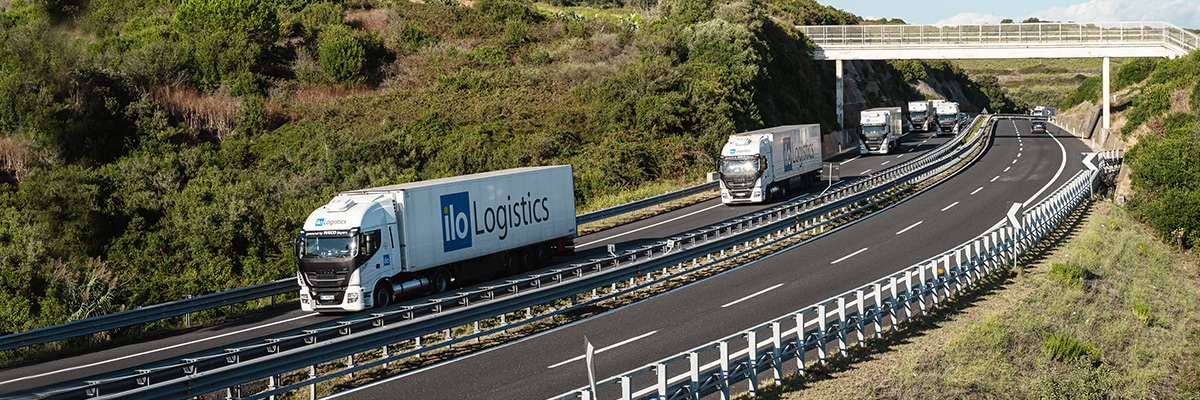
High prices threaten decarbonisation
The currently high CNG and LNG prices are hurting many hauliers throughout Europe. As a result, some are even mothballing their vehicles with a CNG or LNG engine, even though that latter are actually much more climate-friendly than a diesel truck. Now NGVA Europe is calling for measures to avoid jeopardising the rapid decarbonisation in freight transport.
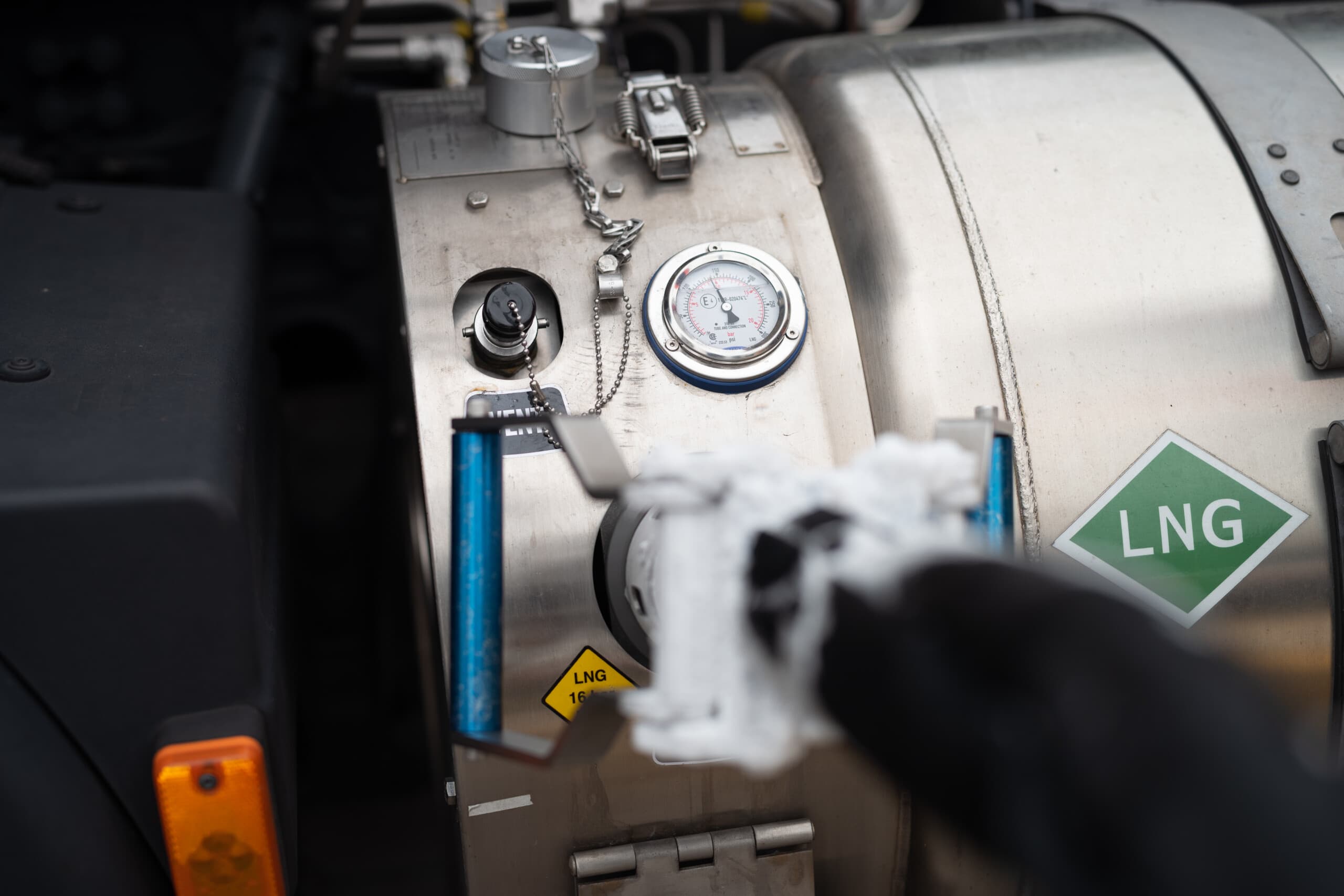 Some European transporters and freight forwarders have moved to temporarily stop using LNG trucks because of the massive price increases. Source: Zukunft Gas
Some European transporters and freight forwarders have moved to temporarily stop using LNG trucks because of the massive price increases. Source: Zukunft Gas
Given the rapidly rising prices of gas fuels in Europe – especially LNG – economic disruption in the transport sector is currently unavoidable. “Without immediate support, there will be a devastating domino effect for economies and businesses, which will also have a lasting negative impact on the environment,” explains Timm Kehler, President of NGVA Europe.
This is because current price trends must not deter hauliers and transport companies from considering cleaner fuel alternatives to diesel, such as biogas and bio-LNG, for their fleets. In addition, the REPowerEU plan launched by the European Commission, which aims to increase the annual production and use of biogas to 35 billion cubic metres by 2030, is also closely linked to a strong and sustainable market for gas-fuelled vehicle fuels. Restricting this trend is therefore in direct contradiction to the EU’s Green Deal and its aim of accelerating the decarbonisation of the transport sector.
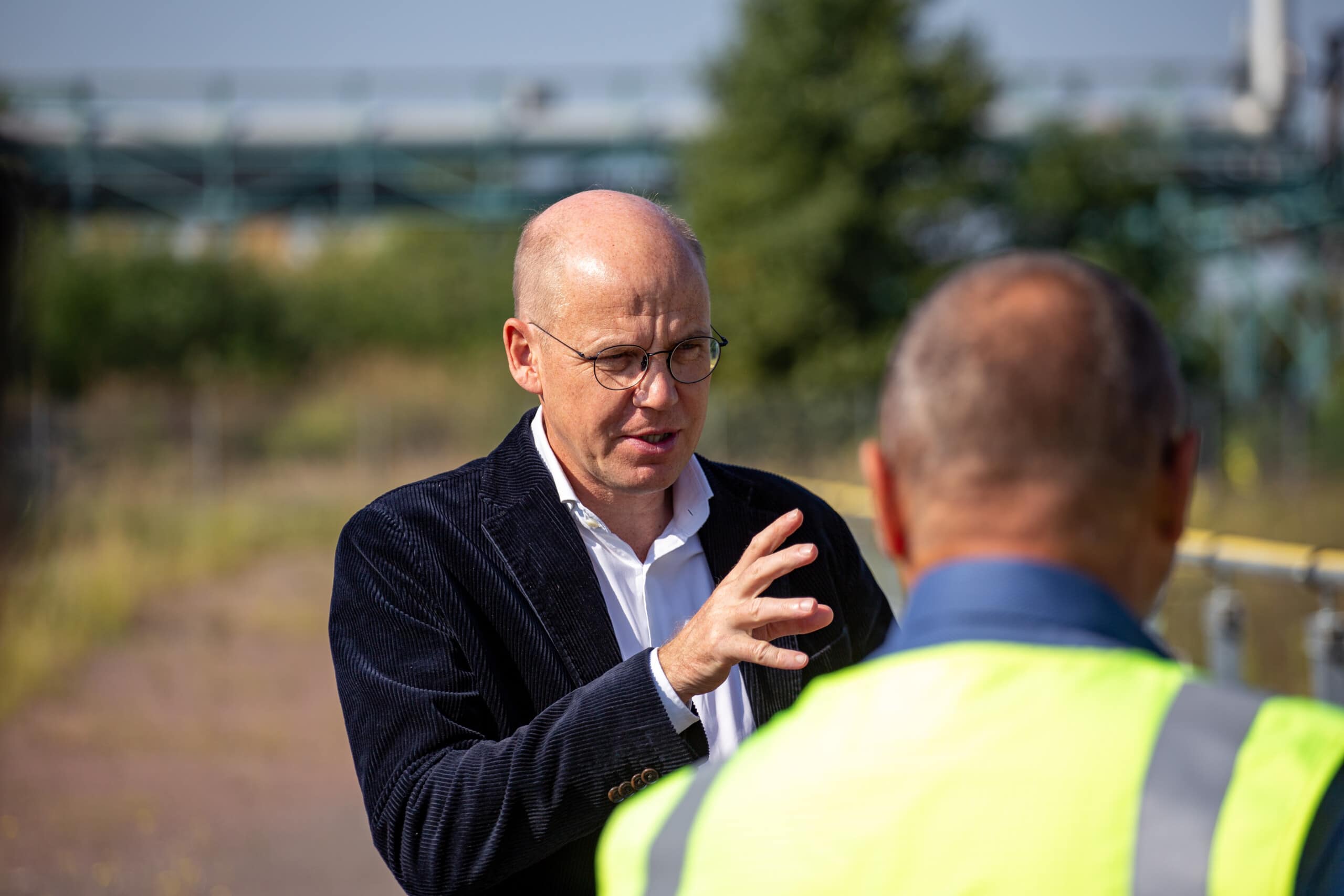 Timm Kehler, President of NGVA Europe. now calls for policy intervention and presents a 5-point plan to mitigate the impact of the price surge of CNG and LNG in the transport sector. Source: Zukunft Gas
Timm Kehler, President of NGVA Europe. now calls for policy intervention and presents a 5-point plan to mitigate the impact of the price surge of CNG and LNG in the transport sector. Source: Zukunft Gas
EU Executive Vice-President, Frans Timmermans, recently explained that Europe has enormous potential for biogas production: “Biogas enables us to replace fossil gas from Russia with domestic, sustainable and renewable gas. Biogas also creates new economic opportunities in rural areas. The Biogas Industry Partnership we are launching will play a key role in increasing the production and use of biogas across the EU.”
Sounds great. But if this is really to happen, the EU and national governments must now also take action against the price explosion in the CNG and LNG, as well as biogas and bio-LNG, markets. Around 3,200 European transport companies currently rely on gas-fuelled vehicles: 31,000 lorries with CNG or LNG engines ensure that 326 million tonnes of goods are transported in an environmentally friendly manner throughout Europe. Thanks to the use of trucks with biogas and bio-LNG instead of diesel in the tank, this has already resulted in 776,000 fewer tonnes of CO2 being emitted per year – but all of this is now at stake due to the high prices.
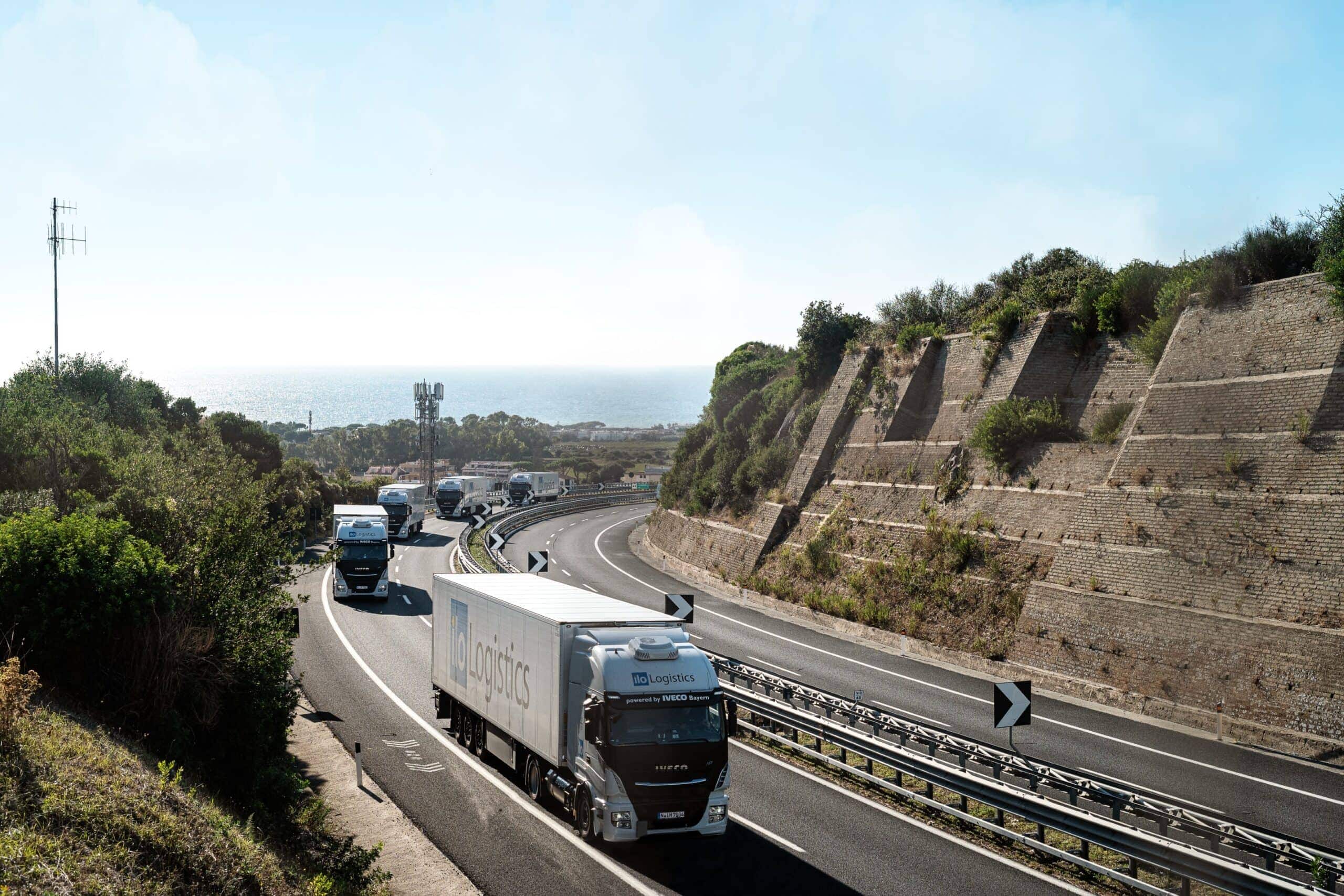 If rapid decarbonisation through the use of CNG and LNG trucks in freight transport is not to be jeopardised, action is now required. Source: Zukunft Gas
If rapid decarbonisation through the use of CNG and LNG trucks in freight transport is not to be jeopardised, action is now required. Source: Zukunft Gas
NGVA Europe therefore urges politicians to stabilise CNG and LNG prices in Europe, in order to support and protect the transport sector and other affected sectors. In addition to tax cuts to stabilise CNG/LNG prices so that they do not exceed the level of petrol and diesel, NGVA Europe’s proposed five-point plan also provides for rescue funds for transport companies which operate biogas and bio-LNG vehicles and are therefore facing economic difficulties or possible bankruptcy.
“Transport companies that rely on biogas and bio-LNG now urgently need clarity so that they do not lose confidence in this most reliable low-carbon technology currently available for heavy-duty transport,” says Timm Kehler, President of NGVA Europe. After all, gas trucks emit up to 35% less CO2 than comparable diesel trucks and up to 85% less if they run on Swiss biogas. (pd/jas, 18 October 2022)
You might also be interested in
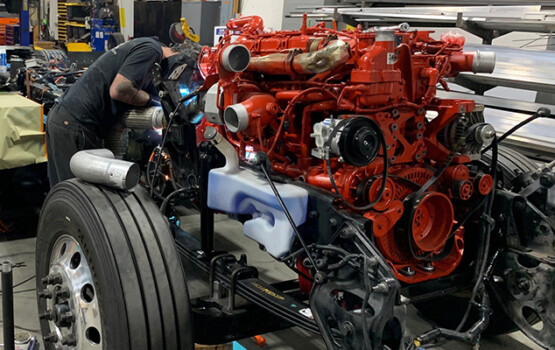
Operation on the open CNG heart
